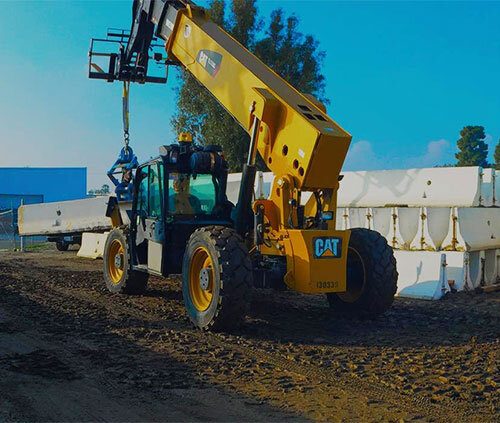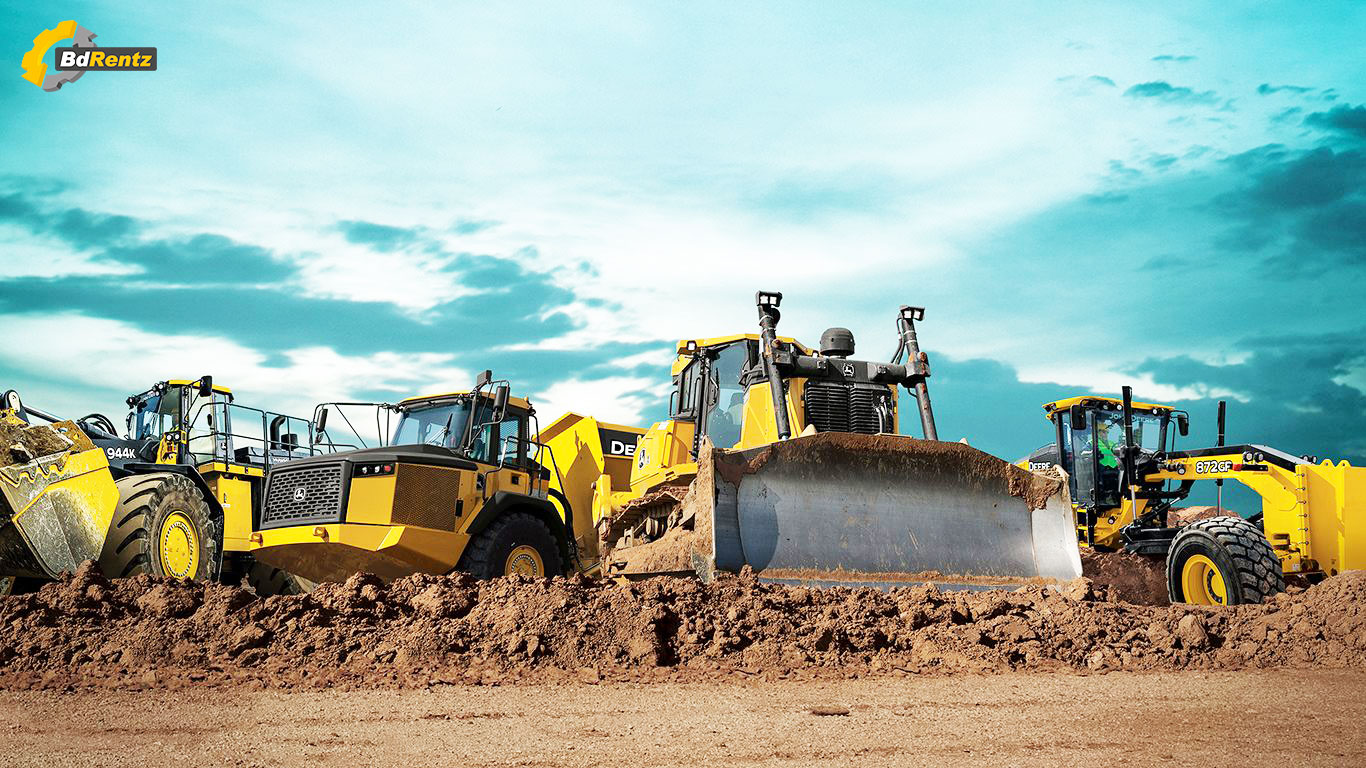How to Select the Right Building And Construction Equipment Rentals to Fulfill Your Particular Needs
Picking the suitable building and construction devices services is an important step that can dramatically influence task efficiency and success. It calls for a methodical analysis of project needs, equipment abilities, rental terms, and logistical factors to consider. Each aspect plays a pivotal function in making certain that the selected tools aligns with certain jobs and site conditions. The subtleties of these evaluations can typically be forgotten, leading to potential problems. Recognizing just how to navigate this process successfully might be the trick to optimizing resources and lessening prices-- yet many professionals discover themselves at a crossroads when making these vital choices.
Examine Your Job Demands
Before choosing building devices rentals, it is vital to thoroughly evaluate your project requirements to ensure that the right devices are made use of for ideal effectiveness and security. Begin by defining the scope of your task, consisting of the tasks to be completed and the timeline for completion. This fundamental understanding will certainly direct you in determining the specific equipment required.
Next, consider the site problems, such as terrain, ease of access, and the space available for steering equipment. These aspects directly influence the kind and size of equipment that can be properly utilized. Furthermore, assess the anticipated workload and manufacturing prices, as these metrics will establish the equipment's capacity needs.
It is likewise critical to assess any kind of regulative or safety criteria that may use to your project. Conformity with these policies can affect devices selection and use, impacting general project timelines and expenses. Seek advice from with your job group and stakeholders to gather insights and consensus on devices needs. By very carefully considering these aspects, you can make informed decisions that not just enhance operational performance however additionally promote a risk-free workplace.
Evaluate Equipment Abilities
Just how do you determine whether the devices satisfies your task's needs? Start by evaluating the certain jobs required for your task and match these with the capacities of the equipment available for lease. Think about the devices's power, ability, and dimension, along with its functional attributes. If you need to lift heavy products, ensure the training ability of the tools straightens with your needs.

Lastly, consider the most up to date technical developments that might improve productivity. Attributes such as general practitioner monitoring, fuel performance, and operator-friendly controls can considerably impact job execution. By extensively examining equipment abilities against your task specifications, you can make certain that you choose the best equipment that not just satisfies but surpasses your operational requirements, ultimately adding to the success of your construction job.
Understand Rental Terms
Recognizing rental terms is critical for guaranteeing a effective and smooth devices rental experience. Acquainting yourself look at more info with the certain regards to a rental contract can protect against misunderstandings and prospective disagreements. Secret parts to consider include the period of the More about the author rental, repayment terms, and any kind of associated charges.
Commonly, rental periods are specified in day-to-day, weekly, or regular monthly terms, and recognizing these periods is important for budgeting. Furthermore, settlement terms may vary in between firms, consisting of deposits, late payment charges, and approved settlement approaches.
It's also essential to clear up duties for upkeep and problems. Some rental agreements may stipulate that the tenant is accountable for regular upkeep and any kind of fixings that take place throughout the rental period. Understanding the conditions regarding damage or theft is important; ask about insurance coverage choices and obligation protection to secure your rate of interests.
Think About Transportation Logistics
Transportation logistics play an essential function in the effective service of construction devices. Correct planning and execution of transportation approaches can significantly affect the performance and productivity of your construction job. Prior to wrapping up equipment rentals, evaluate the place of your project site and the availability of transport courses.
Consider the distance in between the rental service provider and your site, as longer distances can cause increased transportation prices and delays - heavy equipment rental. Evaluate the weight and dimensions of the devices to ensure it can be safely carried on readily available streets and framework

Bear in mind local regulations pertaining to transportation authorizations and courses, as these can influence the logistics of moving hefty machinery (aerial lift rental). By proactively resolving these factors to consider, you can decrease prospective disruptions and make certain that the best equipment is delivered promptly, promoting a much more efficient building and construction process
Compare Rental Prices and Carriers
When examining building devices leasings, it is necessary to contrast carriers and costs to guarantee you safeguard the most effective value for your project. Beginning by look at here now collecting quotes from several rental firms to develop a standard for rates. Be aware that prices can differ dramatically based upon aspects such as devices kind, rental duration, and added solutions supplied.
Next, consider the credibility and reliability of each copyright. Search for customer testimonials and endorsements to determine their service top quality. A company with a solid track record may warrant a greater rental cost as a result of exceptional tools maintenance and client assistance.
Furthermore, examine the regards to the rental arrangements. Some service providers may provide versatile rental choices, such as day-to-day, once a week, or month-to-month prices, which can be useful depending on your project timeline. Focus on extra fees, such as delivery charges and insurance costs, which can impact the overall rental price.
Conclusion

Picking the proper construction tools leasings is a crucial action that can substantially influence task effectiveness and success.Before picking building equipment leasings, it is important to extensively examine your project needs to ensure that the right devices are used for optimum effectiveness and safety.Comprehending rental terms is essential for making certain a effective and smooth devices rental experience.When evaluating building tools leasings, it is crucial to compare providers and expenses to ensure you protect the ideal value for your job.Picking the suitable building and construction equipment leasings demands a comprehensive assessment of task requirements, equipment abilities, rental terms, transport logistics, and relative costs.